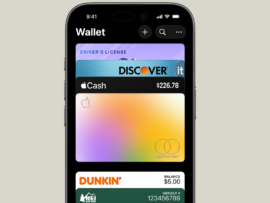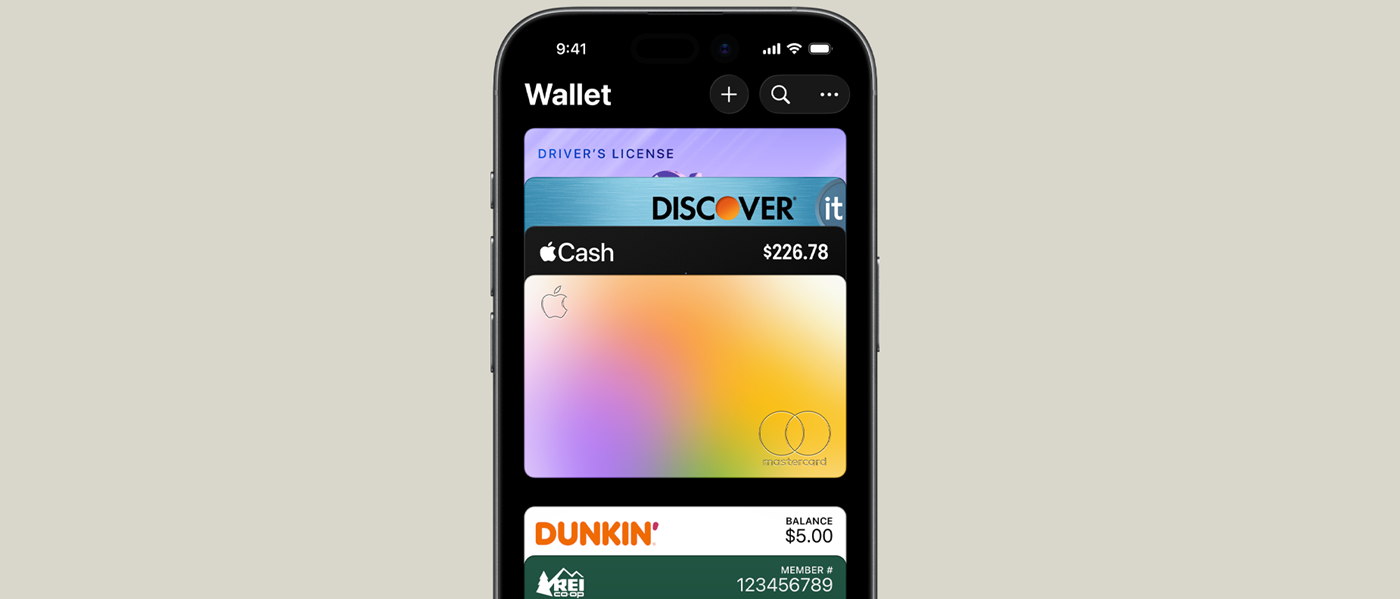
Apple confirmed something that could fundamentally transform how Americans travel and verify their identity.
The tech giant revealed that digital passport support is arriving in Apple Wallet soon, a moment many are calling a watershed for digital identification in the United States.
Apple Pay and Wallet VP Jennifer Bailey dropped this news during her keynote at the Money 20/20 USA conference in Las Vegas, stating that passport functionality for iOS 26 devices will launch in the coming weeks. Industry watchers took notice, this is a big leap in Apple’s digital credential strategy that has been steadily reshaping how we think about identification.
Bailey also pointed to their broader push. The company has been systematically digitizing keys, tickets, and identification documents, with progress happening behind the scenes. Apple’s iOS 26 documentation confirms the feature will arrive later this year through a software update or server-side activation, so millions of travelers could have it within weeks.
Process and passport
Users will scan their physical US passport using their iPhone to create a verified digital version stored on iPhone and Apple Watch. The twist is NFC technology, which lets travelers tap their device to transmit passport information securely.
There is a catch that matters. The digital passport will be REAL ID compliant and specifically designed for domestic flight identity verification at participating TSA checkpoints. The limitation is clear, the digital version cannot be used for international travel, including flights to Mexico or Canada, and you will still need a physical passport for any border crossing.
Rollout will be gradual. TSA lanes will come online in phases, so availability will vary by airport. You might breeze through one terminal with a tap, then pull out a plastic ID at another. A split-screen future, at least for a while.
Privacy guardrails
Apple built the system with privacy guardrails that go beyond the usual talking points. Face ID authentication controls access to the digital credential, so only the right person can transmit information. The implementation follows data minimization principles, sharing only the specific information required by each checkpoint while keeping most processing on-device.
Under the hood, Apple stores credentials in the iPhone’s Secure Enclave and requires biometric approval for each transaction. Lose your device and you can revoke credentials through Apple ID controls and must re-provision them after recovery.
There is still risk, and experts have been blunt about it. Digital ID wallets face risks including potential data breaches, identity theft, and privacy vulnerabilities if devices are compromised. Convenience puts more eggs in one basket, a single point of failure that old-school documents do not create.
The bigger picture
This passport news is part of a bigger story. Apple’s government ID program now reaches 12 states and Puerto Rico, covering approximately one-third of US license holders with TSA acceptance at participating airports.
Zoom out and the scope comes into focus. Apple has expanded digital credentials to include car keys for 29 automakers across over 300 vehicle models, transit support in more than 250 regions spanning 800+ cities, and hotel room keys provisioned on over two million devices. One credential at a time, daily life is getting digitized.
The timing is no accident. With over 250 of the nation’s approximately 487 commercial airports now accepting Digital ID, the groundwork is set for this passport push. It lands just ahead of the Thanksgiving and holiday travel crush, a window when small wins at security feel huge.
Apple has begun building and shipping American-made AI servers from its new Houston facility, marking a major milestone in the company’s ongoing effort to move more of its manufacturing to the US.
This article was reviewed by Antony Peyton.










